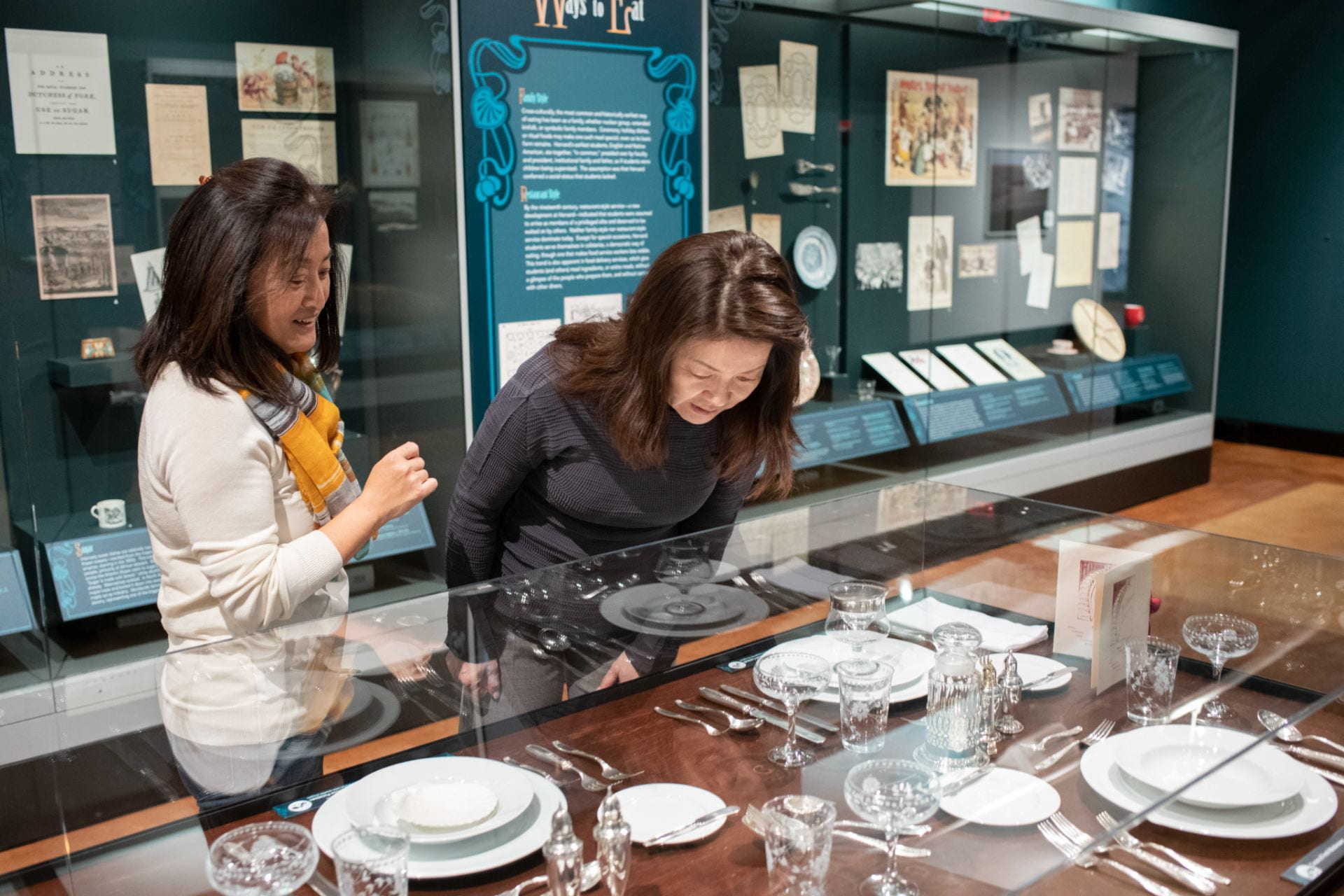February 26, 2020
Dawn Goldworm, President and Chief Creative, 12.29
Venkatesh Murthy, Raymond Leo Erikson Life Sciences Professor of Molecular and Cellular Biology, Harvard University
Moderated by Catherine Dulac, Higgins Professor of Molecular and Cellular Biology; Lee and Ezpeleta Professor of Arts and Sciences, Harvard University
The sense of smell plays a critical role in human behavior, from warning us of potential dangers to attracting us to certain foods, places, and people. Harvard scientists Catherine Dulac and Venkatesh Murthy study the molecules, cells, and brain circuits that underlie olfaction and the social behaviors that aromas can elicit. In this program, they will engage in a conversation with internationally recognized olfactive expert Dawn Goldworm to discuss how neurobiological research on olfaction relates to our everyday experiences.
About the Speaker
Dawn Goldworm is an internationally recognized olfactive expert and the Nose for the world’s most prestigious brands. Goldworm spent over a decade designing perfumes for celebrities from Lady Gaga to David Beckham. While working as the in-house Fragrance Designer at Coty, Goldworm completed a graduate thesis from New York University on olfactive branding, leading to the formation of her company, 12.29. 12.29 partners with the world’s most powerful brands, including Nike, American Express, The Ritz, Bentley, Valentino, transforming communication and delivering brand loyalty through the power of smell. Goldworm has been featured at global conferences including TEDx, C2, WWD Beauty Summit, and Forbes Luxury Travel Guide. She has been filmed as a thought leader for Bloomberg, CNN Money, Forbes, and the Wall Street Journal.
Venkatesh Murthy was born in a small industrial town in south India called Neyveli. After getting a B.Tech. in Mechanical Engineering from the Indian Institute of Technology, Madras, he came to the United States with a notion to combine engineering and biology. A degree (MSE) in Bioengineering from the University of Washington, Seattle led to his interest in neuroscience. A Ph.D. in Physiology and Biophysics at the University of Washington followed, and postdoctoral work at the Salk Institute for Biological Studies, La Jolla solidified his path in neuroscience research. Murthy came to Harvard University as an assistant professor in 1999 and is now the Raymond Leo Erikson Life Sciences Professor and Chair of the Department of Molecular and Cellular Biology, as well as Co-Chair of the Harvard Biophysics Graduate Program. He is the recipient of the Everett Mendelsohn Excellence in Mentoring Award from the Harvard Graduate Student Council and has been named a Pew Scholar in the Biomedical Sciences, an EJLB Foundation Scholar, and a Esther K. and Joseph Klingenstein Fund Fellow. His laboratory explores the neural and algorithmic basis of odor-guided behaviors in terrestrial animals.
Moderator
Catherine Dulac grew up in Montpellier, France and received her Ph.D. from the University of Paris. After her postdoctoral training at Columbia University, she joined Harvard University as junior faculty before becoming Professor of Molecular and Cellular Biology in 2001, and Chair of Harvard’s Department of Molecular and Cellular Biology from 2007 until 2013. She is currently a Howard Hughes Medical Institute Investigator and Higgins Professor of Molecular and Cellular Biology at Harvard University. Her work explores how pheromones and other sensory signals drive instinctive social behaviors in mice. In recent work, her laboratory has deciphered how the brain controls parenting behavior in both males and females, and how different parts of the brain and sensory signals participate in the positive and negative controls of parental care. She is the recipient of multiple awards including the Richard Lounsbery Award, the National Academy’s Pradel Research Award, the Edward M. Scolnick Prize in Neuroscience, the Karl Spencer Lashley Award from the American Philosophical Society, and the Society for Neuroscience Ralph W. Gerard Prize. She is a member of numerous scientific advisory boards in the United States and abroad, and recently served as Co-Chair of the National Institutes of Health Advisory Committee to the NIH Director (ACD), BRAIN Initiative 2.0 Working Group.
David holds a Ph.D. from the Spanish National Research Council (CSIC) and the University of Alcalá, both in Madrid with honors (equivalent to summa cum laude) in 2008. After this, he spent three years at the University of California at Berkeley, two years at Stanford University, and one year at the Centre National de la Recherché Scientific (CNRS) in Montpellier, France. During the last five years, he was at the Basque Centre for Climate Change (BC3) near Bilbao, Spain, as an Ikerbasque and Ramon y Cajal research fellow. David has authored more than forty papers in scientific journals and books, including papers in Nature Communications, Nature, PLOS Biology, and Nature Ecology and Evolution. He is associate editor in Journal of Applied Ecology (British Ecological Society) and Ecological Restoration (Society for Ecological Restoration).
